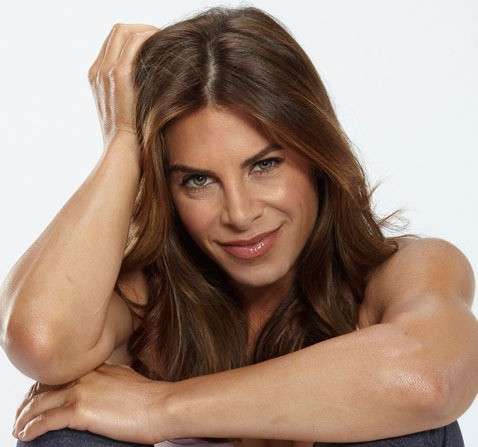
The Biggest Loser reality TV star and weight-loss guru Jillian Michaels hasn’t always been the fit and confident woman she is today.
“I struggled with my weight as a kid. My dad had weight issues, and it was a family dynamic,” Michaels says. “My parents got divorced, and I went through some stuff as a kid. I utilized food to cope with all of it. My mom got me into martial arts when I was 12, and I learned when I felt strong physically that I felt empowered in other facets of my life.”
Michaels has turned her experience of self-empowerment into a successful career helping others do the same. She’ll be at the Orpheum on Friday, March 14th, delivering a motivational talk as part of her national “Maximize Your Life” tour. Rather than just going over weight-loss tips, Michaels says she’ll be teaching people to believe in themselves and build confidence.
“Expect to be inspired, informed, and empowered, but also expect to do some work. Expect to examine your life, look inside, and ask the hard questions. If we don’t do that, ultimately we’re not going to be able to take responsibility and turn things around,” Michaels says.
On The Biggest Loser, Michaels has been an inspiration to overweight contestants who’ve gotten into shape on the show, but she warns that efforts to lose weight can go awry if self-esteem issues aren’t resolved. Case in point: Biggest Loser champion Rachel Frederickson, whose 155-pound loss this past season made tabloid headlines when critics surmised that her now-bony frame was too thin. Michaels agrees.
“I think she was too thin. Any issues with food, be it losing too much weight or gaining too much weight, are all related and connected. It tells me that Rachel’s journey is far from over,” Michaels says. “Where the show failed her is significant, and it’s something that we will be addressing.”
Jillian Michaels’ “Maximize Your Life” at The Orpheum, Friday, March 14th, 8 p.m. $25-$160. orpheum-memphis.com